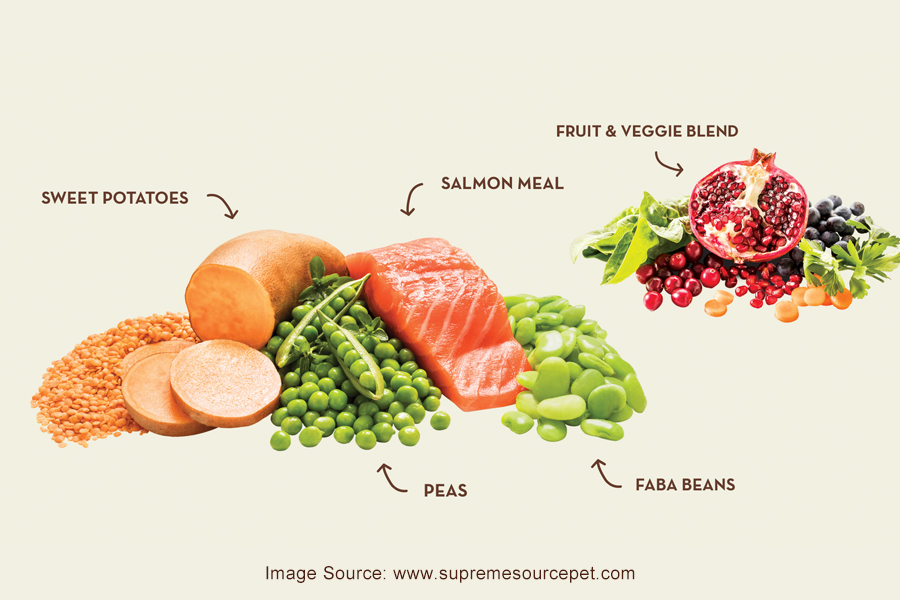Your dog’s health depends on the food you feed it. Salmon is a great flavor since it’s high in omega-3 fatty acids, which help dogs’ coats, skin, and joints. With so many options, finding the right salmon-flavored dog food for your puppy might be difficult. This guide will cover the most crucial variables to consider before making this decision.
Check the Ingredients List
Check the ingredients before buying salmon dog food. High-quality, easily digestible ingredients with salmon as the main protein source. Choose products without “meat” or “by-products.” Prefer those with identified protein sources, like salmon meal or deboned fish, for better protein. Make sure the dog food has a balanced mix of vitamins, minerals, and carbohydrates. Complex carbohydrates from whole grains like brown rice and sweet potatoes provide your developing puppy energy.
Consider Your Puppy’s Age and Size
Smaller dogs may have different nutritional needs than larger ones. Choose salmon-flavored puppy dog food to help them grow. Look for “puppy” or “all life stages” labelling to make sure the food is good for your puppy. Size matters when choosing dog food for a certain breed. To ensure your puppy gets the necessary nutrients, choose a product based on their size.
Look for Omega-3 Fatty Acids
One of the main reasons for choosing salmon-flavored dog food is its high omega-3 fatty acid content. These essential fatty acids are beneficial for your puppy’s cognitive development, immune system, and skin and coat health. Check the product’s guaranteed analysis for omega-3 fatty acid content, and choose a dog food that provides an adequate amount to support your puppy’s overall well-being.
Avoid Artificial Additives
Artificial preservatives, colors, and tastes in some dog diets can hurt your puppy. Choose items with natural preservatives like mixed tocopherols (vitamin E) rather than chemicals. Avoid artificial flavorings and colorings, which might cause dog allergies.
Check for Allergen-Free Options
Consider hypoallergenic or grain-free salmon-flavored dog meals for your puppy with food sensitivity. These formulations avoid wheat, corn, and soy, making them safe for sensitive canines. Ask your vet if your puppy has dietary limitations.
Research the Brand Reputation
You should investigate and choose a recognized pet food manufacturer with a history of high-quality products. Choose brands that meet industry standards, perform quality control, and responsibly source ingredients. Customer reviews and dog owner recommendations can reveal the brand’s reputation and salmon-flavored dog food’s efficacy.
Conclusion
Ingredients, nutritional value, and your puppy’s demands should be considered when choosing salmon-flavored dog food. You may feed your dog a healthy, tasty meal by prioritizing high-quality ingredients, checking for necessary nutrients, and avoiding artificial additions. To make the best decision for your puppy, consult your vet depending on age, size, and health.

